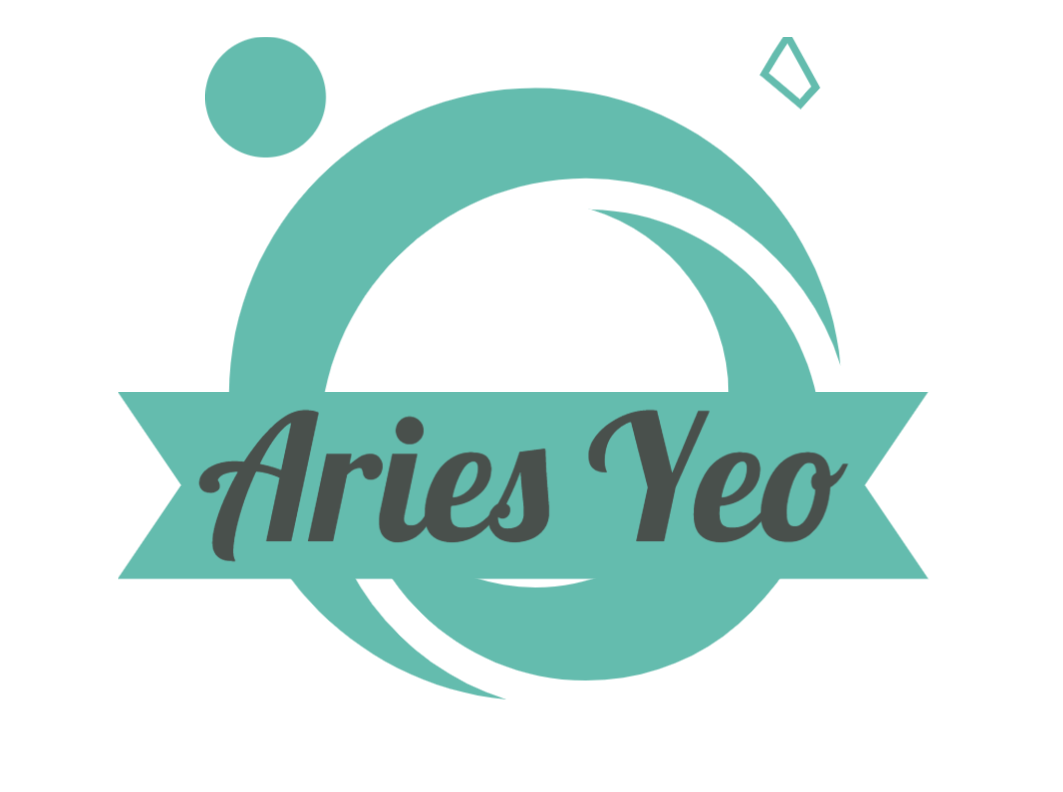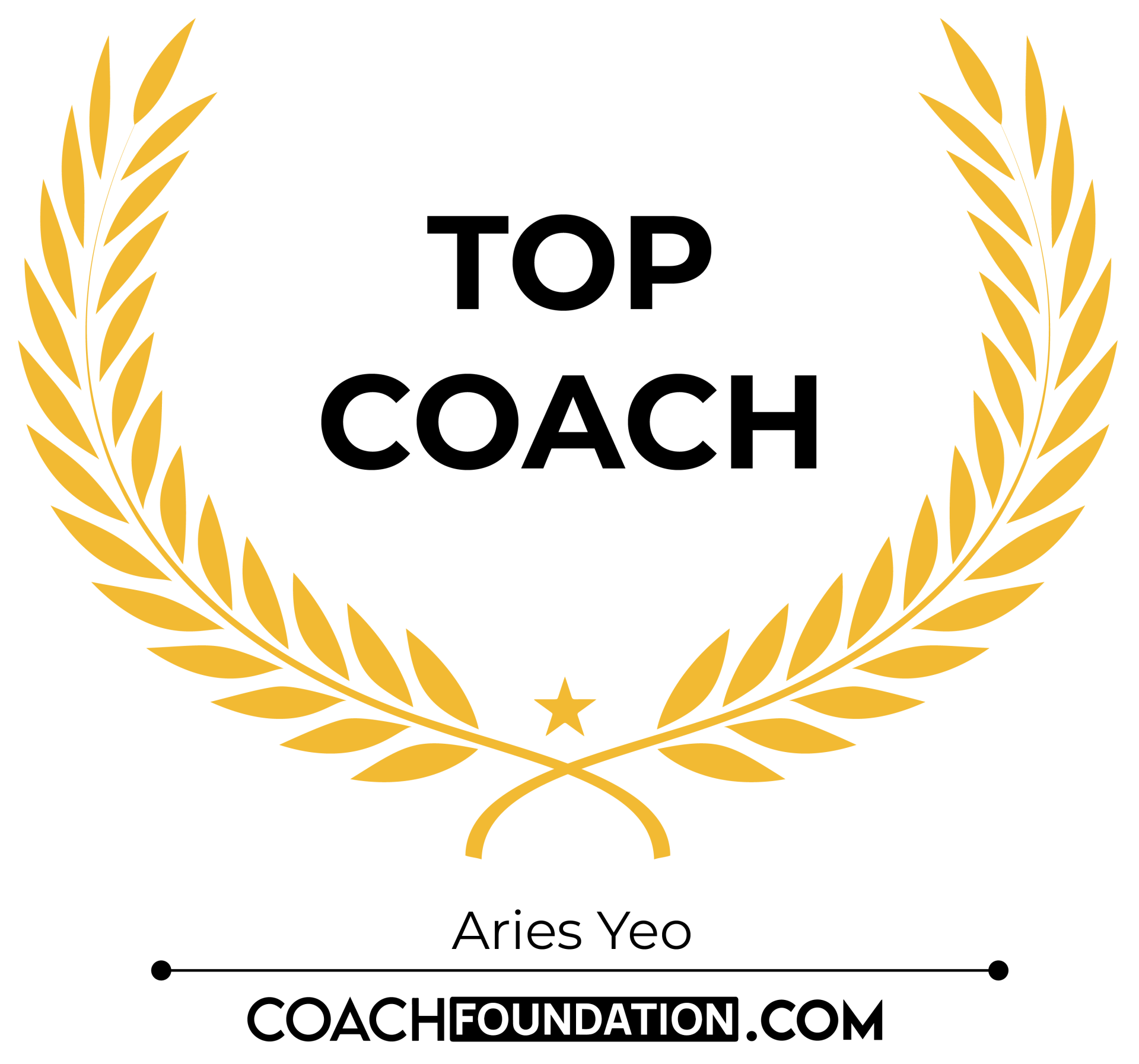The Power of Authentic Self Expression
Beyond MINORITY

Humans are fundamentally social creatures, with our survival historically dependent on group cohesion. Our prehistoric ancestors lived in small, tight-knit tribes where individual survival was intimately linked to group survival. In harsh, dangerous environments:
- Safety in Numbers: Lone individuals were vulnerable to predators
- Resource Sharing: Cooperative hunting and gathering increased survival chances
- Collective Defense: Group protection was crucial against external threats
- Knowledge Transmission: Shared learning ensured collective adaptation
These created and built our biological imperatives to be in a group for survival. Although we may no longer need these behaviours to survive, that instinct never leave us.
So for over the hundred, thousand of years, our neurological basis of conformity develops
- The brain's amygdala triggers fear responses when we risk social exclusion
- Dopamine reward systems reinforce social acceptance
- Oxytocin (the "bonding hormone") creates positive feelings when we belong
- Cortisol levels increase when we feel socially isolated or rejected
The Illusion of Conformity
We've been conditioned to believe that belonging means blending in. From childhood, we learn subtle and sometimes not-so-subtle ways of "covering" – hiding aspects of ourselves that might make others uncomfortable. Kenji Yoshino's groundbreaking research revealed that 61% of employees cover some aspect of their identity at work, a statistic that speaks volumes about our collective fear of being truly seen.
In 1951, Solomon Asch Conformity Experiments found:
- Humans' tendency to conform even when faced with clear contradictory evidence
- Participants would often agree with obviously incorrect group statements
- Revealed the powerful psychological drive to avoid social rejection
Evolutionary Psychology Perspective remains to this day
- Conformity was a survival strategy
- Those who couldn't read social cues or adapt to group norms were less likely to survive
- Social rejection historically meant potential death
- Our brains still carry these ancient survival mechanisms
But what if we reframed this narrative? What if instead of seeing our differences as barriers, we viewed them as our greatest strength?
Authenticity as a Superpower
Authenticity isn't about defiance; it's about radical self-acceptance. It's understanding that your unique experiences, perspectives, and identity are not limitations but extraordinary gifts. When you fully embrace yourself – every nuanced, complex part of your being – you become unstoppable.
Consider the stories of individuals who have changed the world precisely because they refused to dim their light:
- Frida Kahlo, who transformed her physical pain into revolutionary art
- Malala Yousafzai, who turned her personal experience into a global movement for education
- RuPaul, who challenged societal norms of gender and sexuality through unapologetic self-expression
These individuals weren't successful despite their unique identities – they were powerful because of them.
The Psychological Journey of Self-Acceptance
Research shows that belonging uncertainty – the persistent question of whether we truly fit in – can be debilitating. But here's a transformative perspective: You don't need to fit in. You need to belong to yourself first.
This means:
- Recognizing that your worth isn't determined by external validation
- Understanding that your experiences are valid, regardless of whether others understand them
- Accepting that your truth might make some people uncomfortable – and that's okay
Breaking Free from "Cultural Taxation"
For too long, individuals from underrepresented groups have been expected to educate, represent, and justify their existence. The concept of "cultural taxation" suggests that minorities carry an additional, uncompensated burden of explaining their experiences.
But true empowerment comes when you realize: You are not responsible for educating others about your humanity. Your primary responsibility is to live authentically and unapologetically.
Practical Steps to Embracing Authenticity
1. Self-Reflection
- Journal about your unique experiences
- Identify the parts of yourself you've been hiding
- Explore why you've felt the need to hide
2. Boundary Setting
- Learn to say no to spaces that don't respect your full self
- Surround yourself with people who celebrate your authenticity
+ Create personal and professional environments that allow you to thrive
3. Continuous Learning
- Study others who have embraced their authentic selves
- Develop skills that amplify your unique perspective
- Invest in personal growth that aligns with your true values
The Ripple Effect of Authenticity
When you choose to be authentically yourself, you do more than personal liberation. You create permission for others to do the same. Your courage becomes a beacon, showing others that they, too, can stand in their truth.
This isn't about being loud or confrontational. It's about being quietly, confidently present. It's about showing up fully, with respect and tolerance for others while maintaining unwavering respect for yourself.
Beyond Labels: A Universal Truth
The irony of discussing "minority" experiences is that it perpetuates a divisive narrative. In reality, we are all unique. We all have dimensions of our identity that make us different, complex, and extraordinary.
The concept of being a "minority" becomes irrelevant when we recognize that our truest power lies not in fitting in, but in standing confidently in our unique identity.
Authenticity doesn't see majority or minority. It sees human beings, each with a profound, unrepeatable story.
Your Invitation
Conformity is a legacy of our survival instinct – a beautiful, complex adaptation that once protected us. Today, our survival depends not on sameness, but on our ability to embrace complexity, celebrate differences, and create inclusive spaces.
We are no longer just surviving. We are invited to thrive.
Our challenge is to transform an ancient survival mechanism into a modern tool of collective growth and individual empowerment.
The most revolutionary act is to be unapologetically, authentically yourself.
As we mark International Women's Day and reflect on this year's theme to #AccelerateAction, I invite you to take one bold step towards your authentic self:
- Have one conversation you've been avoiding
- Reveal one aspect of yourself you've been hiding
- Create one boundary that protects your peace
Remember: You are not defined by the labels others place on you. You are defined by the courage with which you choose to be yourself.
Your authentic voice is not just valid!
It is necessary!
See the world as you want it to be and learn how to make it that way.
All Rights Reserved | Aries Yeo






